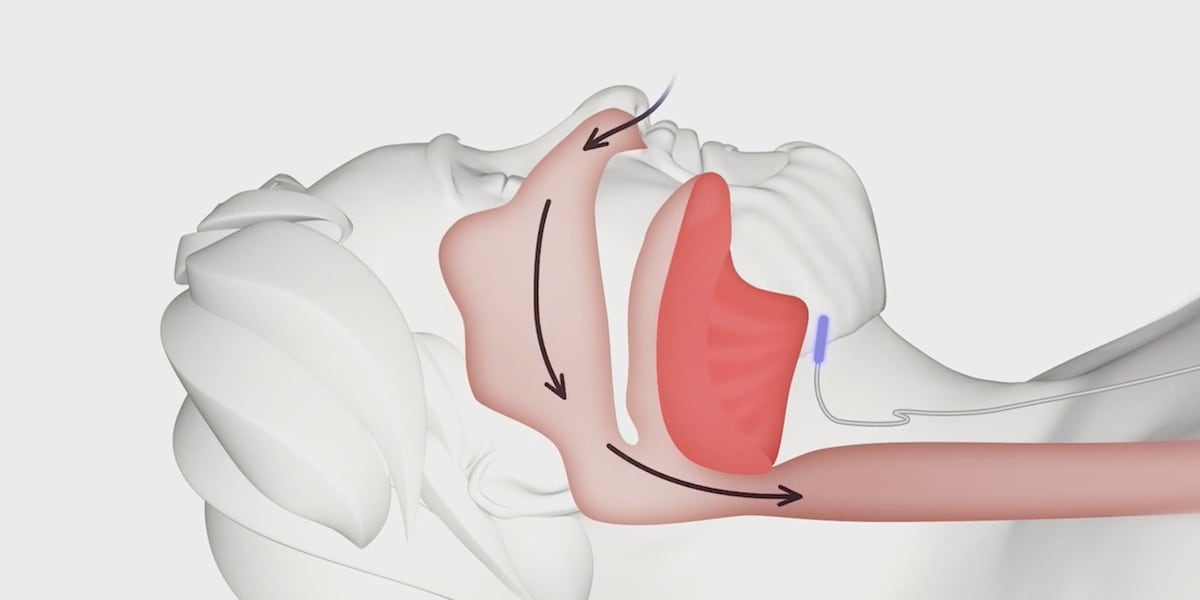Game-Changer for Skin Cancer Detection: AI Tech Could Slash Need for Biopsies in NZ

Could artificial intelligence be the key to earlier and more accessible skin cancer detection in New Zealand? A groundbreaking trial is underway, offering hope for improved outcomes and reduced anxiety for Kiwis concerned about suspicious moles or lesions.
Inspired by successful trials in Far North Queensland, Australia, the technology utilises a sophisticated machine learning system. This system is designed to analyse skin markings and identify potential cancerous cells without the need for an invasive biopsy. Traditionally, biopsies – where a small tissue sample is taken and sent to a lab for analysis – are the gold standard for confirming a skin cancer diagnosis. However, they can be uncomfortable, time-consuming, and create unnecessary worry for patients.
How Does It Work? The AI-powered device uses advanced imaging techniques to capture detailed visuals of the skin. The system then draws upon a vast database of images and medical knowledge to assess the likelihood of cancerous activity. This assessment isn't a definitive diagnosis, but it can significantly assist clinicians in determining whether a biopsy is truly necessary. Early results from the Australian trials have been incredibly promising, showing a high degree of accuracy in identifying suspicious areas.
Why is this Important for New Zealand? New Zealand has one of the highest rates of melanoma (the deadliest form of skin cancer) in the world. Early detection is absolutely crucial for successful treatment and survival. This new technology has the potential to:
- Reduce the Number of Unnecessary Biopsies: Many skin lesions turn out to be benign (non-cancerous). This technology could spare many people from the discomfort and anxiety of a biopsy.
- Improve Detection Rates: By providing clinicians with an additional tool, it could help identify cancers that might otherwise be missed, particularly in hard-to-reach areas.
- Increase Screening Rates: The less intimidating nature of a non-invasive scan could encourage more Kiwis to get their skin checked regularly. This is especially important for those who are hesitant about biopsies or live in rural areas with limited access to specialists.
What's Next? The trial in New Zealand is currently in its early stages, but researchers are optimistic. If successful, this technology could be rolled out across the country, revolutionising the way skin cancer is detected and managed. It’s a significant step forward in the fight against this devastating disease, offering a brighter outlook for the health and wellbeing of New Zealanders.
Important Note: This technology is designed to assist clinicians, not replace them. A final diagnosis will always require a review by a qualified medical professional.






